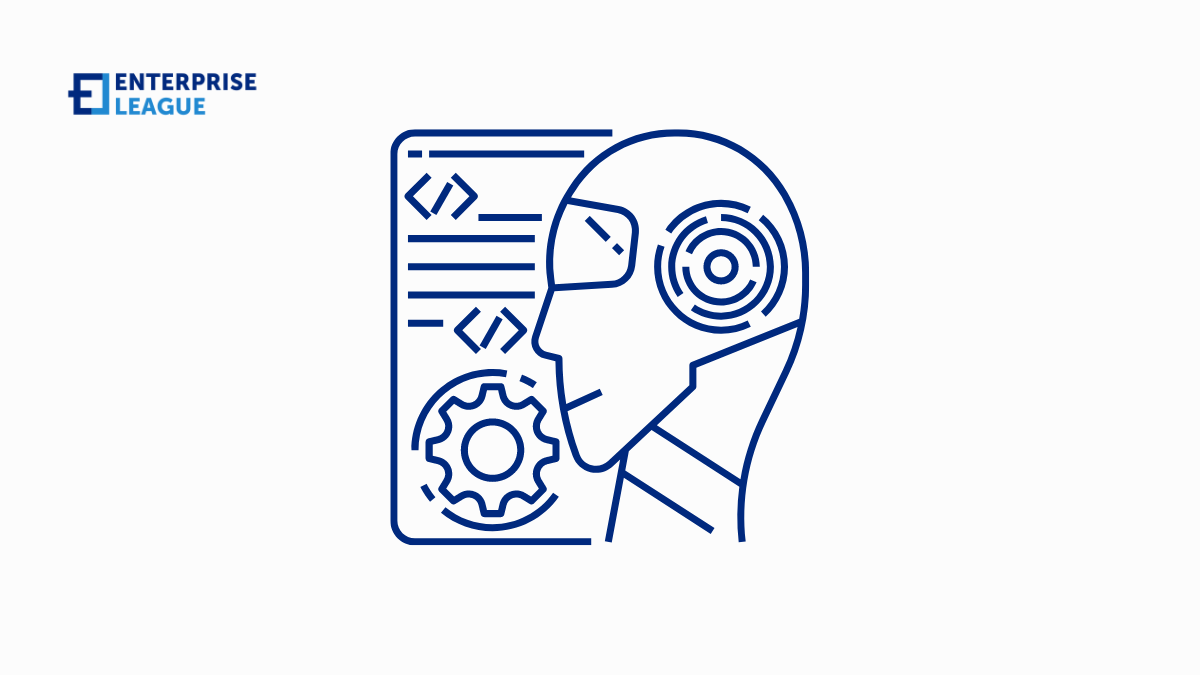Artificial Intelligence (AI) is a revolutionary force, transforming industries, simplifying jobs, and increasing productivity. As we enter the year 2025, the significance of AI software development cannot be overemphasized.
Consider collaborating with Agente Studio, a renowned ai software development agency, whether you’re an experienced developer, a startup, or an agency specialized in contextual advertising AI software development. They provide a variety of innovative solutions to help your organization use the potential of artificial intelligence. Their team of professionals has considerable expertise with numerous AI applications, enabling them to provide tailored solutions to your individual requirements. Agente Studio may assist you with natural language processing to enhance customer assistance or development of a predictive analytics application based on a generative AI model to optimize decision-making.
Essential concepts in AI software development
Unraveling AI
AI, or Artificial intellect, refers to a broad range of technologies and approaches that allow computers to accomplish activities that previously required human intellect. This field encompasses machine learning, deep learning, natural language processing, and others. AI has become crucial in industries such as healthcare, banking, and manufacturing, radically transforming our approach to complicated problem solving and decision-making.
The software development process in AI
AI software development follows a distinctive trajectory when compared to traditional software development. While the traditional software development lifecycle remains pertinent, AI introduces fresh elements and considerations. Agile and DevOps methodologies have found their niche in AI development; learn more about how these and other processes are enabling teams to swiftly adapt to shifting requirements and efficiently iterate on models.
AI development tools and technologies
Selecting programming languages
By 2024, a few programming languages will still be at the forefront of AI development:
- Python: Because of its ease of use and extensive library ecosystem, Python is still the language of choice for developing AI.
- R: R is a great option for data visualization and statistical analysis.
- Julia: Julia’s high-performance computing capabilities are making it more and more well-known.
Libraries and frameworks
AI frameworks that provide pre-built tools for typical AI tasks, like TensorFlow, PyTorch, and scikit-learn, simplify the development process. These frameworks are regularly updated to reflect the most recent findings and developments.
AI development platforms
Cloud-based AI platforms offered by industry giants like AWS, Azure, and Google Cloud offer an extensive suite of services for AI development, encompassing data storage, model deployment, and more. Leveraging these platforms minimizes infrastructure overhead and accelerates development.
Constructing AI models
Data collection and preparation
High-quality data remains the cornerstone of AI development. In 2024, AI practitioners underscore the significance of clean, diverse, and meticulously annotated datasets. Data preprocessing techniques play a pivotal role in priming data for model training.
Model selection and training
Selecting the right algorithm for the task is of paramount importance. Model training entails the division of data into training, validation, and testing sets. Hyperparameter tuning and optimization are essential to achieving peak model performance.
Model deployment
Taking AI models into a production environment is no trifling matter. It demands careful deliberation of infrastructure, scalability, and real-time performance. Strategies such as containerization and serverless computing simplify deployment processes.
Ethical and regulatory dimensions
Ethical AI development
Mitigating biases and ensuring fairness in AI models is of utmost importance. In 2024, AI developers are ardently committed to reducing discrimination and bias in AI systems. Additionally, they vigilantly address privacy concerns and data security.
AI regulations
The landscape of AI regulations is expanding. GDPR and various AI ethics frameworks mandate compliance from AI developers. Staying well-informed about these regulations and incorporating ethical considerations into development practices is indispensable.
AI’s impact across industries
- Healthcare: AI has made momentous strides in healthcare, facilitating diagnostics, accelerating drug discovery, and enabling telemedicine. In 2024, AI continues to redefine how healthcare professionals deliver patient care.
- Finance: Within the financial sector, AI drives algorithmic trading, empowers fraud detection, and powers customer service chatbots. AI’s role in finance is burgeoning, reshaping the financial industry landscape.
- Manufacturing: AI-driven automation and predictive maintenance elevate efficiency and product quality in manufacturing. AI technologies optimize production processes and minimize downtime.
Conclusion
To summarize, AI software development in 2024 remains a dynamic and expanding field. Staying up to date on the newest tools, technologies, and ethical issues is critical for unlocking AI’s full potential and constructively contributing to the ever-changing technological world. Whether you are an experienced AI developer or just starting out, this book will help you navigate the exciting world of AI software development this year.
More must-read stories from Enterprise League:
- Learn about all the tips and apps you need to successfully manage a remote team.
- Innovative customer appreciation ideas for small businesses.
- Why hiring millennials might be the best decision you can ever make.
- Golden rules about Google advertising for small businesses.
Related Articles
Why Tone and Voice Matter for Your Website Branding
For digital marketers and website owners, success today means attracting the right audience and establishing a genuine connection through thought-out branding efforts. A website featuring eye-catching visual elements might create a glowing first impression, but...
What’s the Best Bulk Wheel Cleaner? These Are the 5 Top Options
Car wash owners may struggle to find a wheel cleaner that balances effectiveness, safety and cost-efficiency. Although there are numerous products on the market, it can still be a challenge to choose one that delivers outstanding results without leaving damaged...
What’s the Best Luxury Powerboat Company? Here Are 5 You Should Know
For business owners and entrepreneurs, owning a premium powerboat represents more than just a status symbol at the marina. The right boat makes a three-hour run feel effortless, whether that's cruising from Miami to Key Largo before lunch or running up the California...
Why Tone and Voice Matter for Your Website Branding
For digital marketers and website owners, success today means attracting the right audience and establishing a genuine connection through thought-out branding efforts. A website featuring eye-catching visual elements might create a glowing first impression, but...
What’s the Best Bulk Wheel Cleaner? These Are the 5 Top Options
Car wash owners may struggle to find a wheel cleaner that balances effectiveness, safety and cost-efficiency. Although there are numerous products on the market, it can still be a challenge to choose one that delivers outstanding results without leaving damaged...






